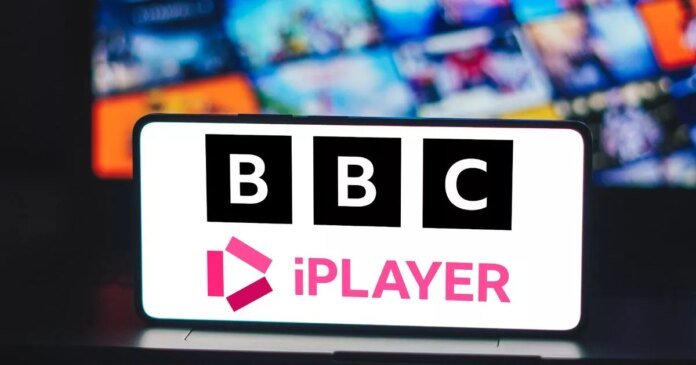The trend of UK households shifting to online streaming services instead of traditional TV methods like aerial or satellite dish continues to grow. Recent data from Sky reveals that their Glass TV and Stream Box, both broadband-powered devices, are leading in new sales. Additionally, the introduction of Freely, a service offering live TV over the internet, has further expanded the streaming options available.
The appeal of streaming lies in the vast content libraries, user-friendly interfaces, and straightforward DIY setup, driving the ongoing revolution in viewing habits. However, a notable drawback for live sports enthusiasts is the noticeable delay experienced with services like BBC iPlayer, ranging from 30 to 40 seconds. This delay can be frustrating, especially during high-action events like football, rugby, or tennis matches.
Acknowledging this issue, Sky has taken steps to reduce latency with a recent update to its streaming devices, cutting down the delay to just a few seconds. In response, the BBC has confirmed its efforts to address this issue by working on a similar solution to enhance the viewing experience for its users.
According to the BBC, while the delay on iPlayer has decreased to around 40 seconds, there is still room for improvement. Recognizing the importance of low latency in live content, especially for sports and events with social media engagement, the BBC aims to enhance its streaming services to minimize delays without compromising quality.
The BBC is currently developing these improvements and invites iPlayer users to participate in testing the low latency streaming feature before its official release. Users with 3rd and 2nd generation Amazon Fire TV Sticks, as well as owners of Samsung CU8000 and CU8500 TVs, can access the iPlayer Beta experience in their settings to enjoy streams with reduced lag.
The initial trial of low latency streaming will be available on BBC Two during specific hours for users who have enabled the ‘iPlayer beta’ setting and set their location to England or Scotland. The BBC plans to expand the trial gradually to evaluate its performance in real-world conditions and optimize viewers’ internet connections.
By conducting these trials, the BBC aims to refine its streaming services to provide a seamless viewing experience for its audience.

